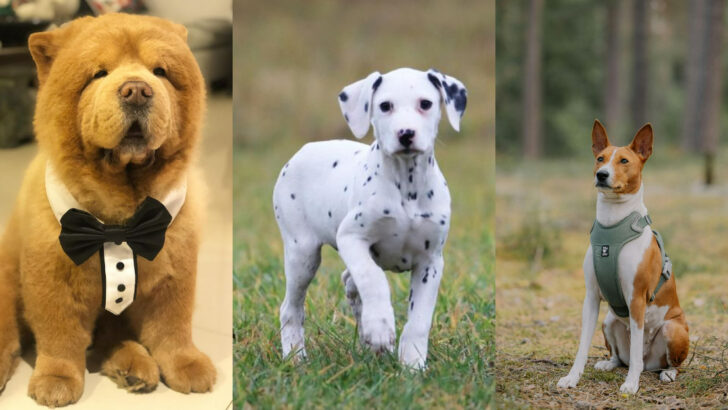Choosing a dog breed as a pet is a major decision that can shape your home life for years to come. While many breeds offer charm, loyalty, and excitement, some may pose challenges that aren’t worth the effort for every potential dog owner.
This blog post explores ten dog breeds that, based on a variety of factors such as temperament, care requirements, and lifestyle compatibility, might not make the best companions for some people. Whether it’s due to high energy levels or specific health concerns, these breeds may require more than the average person is ready to give.
Chow Chow
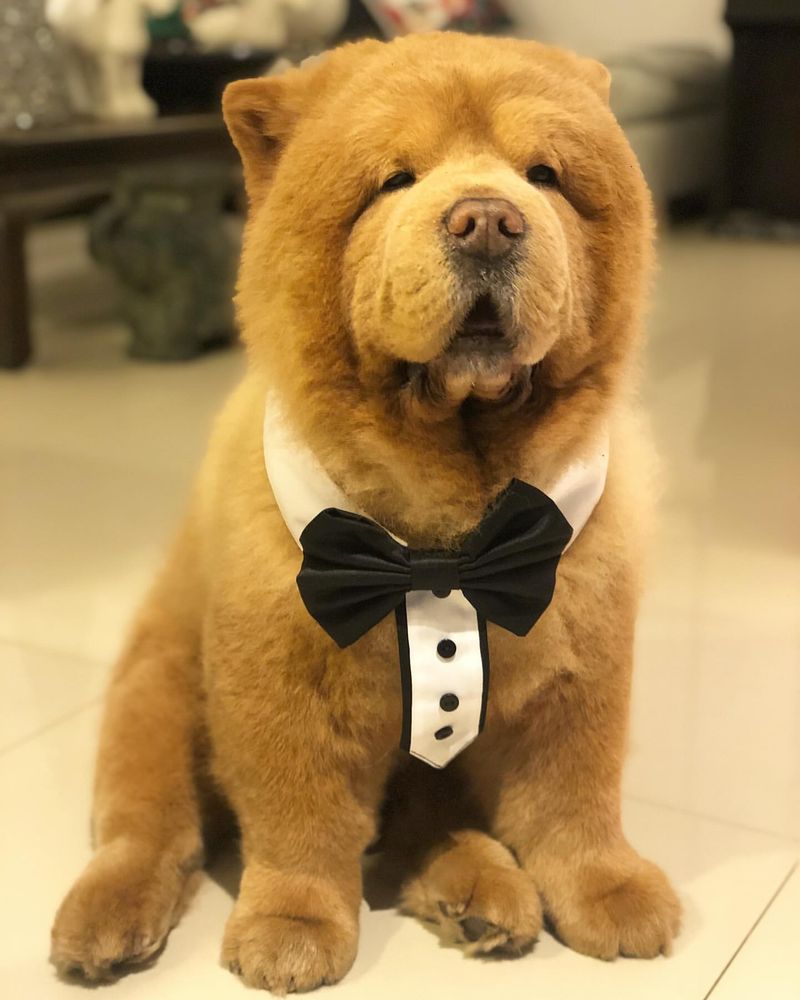
Known for their lion-like mane and independent nature, Chow Chows aren’t the cuddliest of companions. Aloof and sometimes stubborn, they may not fit well in homes seeking constant affection.
This breed is known for being reserved with strangers and sometimes overly protective. Maintaining their fluffy double coat demands regular grooming, which can be time-consuming.
Additionally, their unique temperament could lead to misunderstandings with those unfamiliar with the breed. Chow Chows require an owner who understands and appreciates their independent spirit, making them less suited for first-time dog owners or those with limited time for training.
Dalmatian
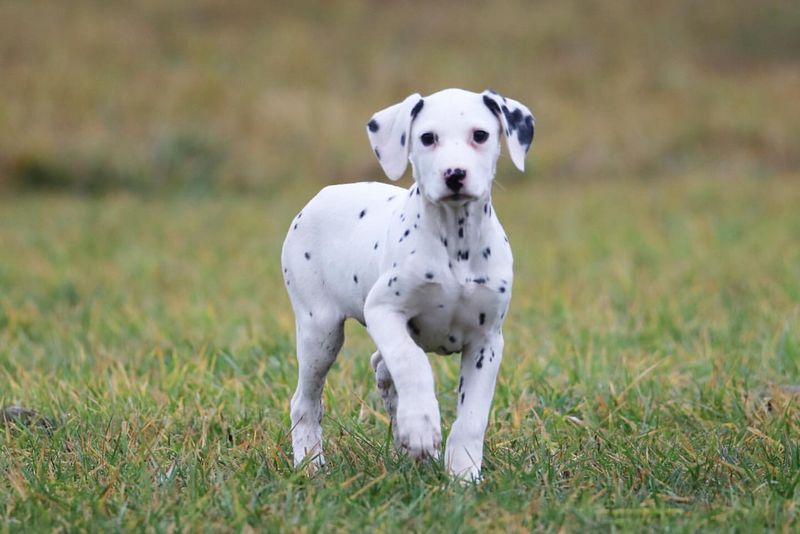
Famous for their spots and energy, Dalmatians are not for the faint-hearted. Their boundless energy requires ample exercise and stimulation, which can be overwhelming.
Without a strong daily routine, they might become destructive. Dalmatians are known for their intelligence, but this also means they may outsmart an unprepared owner.
Their hereditary predisposition to deafness requires extra care and consideration. If you’re not ready for long runs and continuous playtime, along with potential health monitoring, this breed might bring more chaos than joy to your household.
Afghan Hound
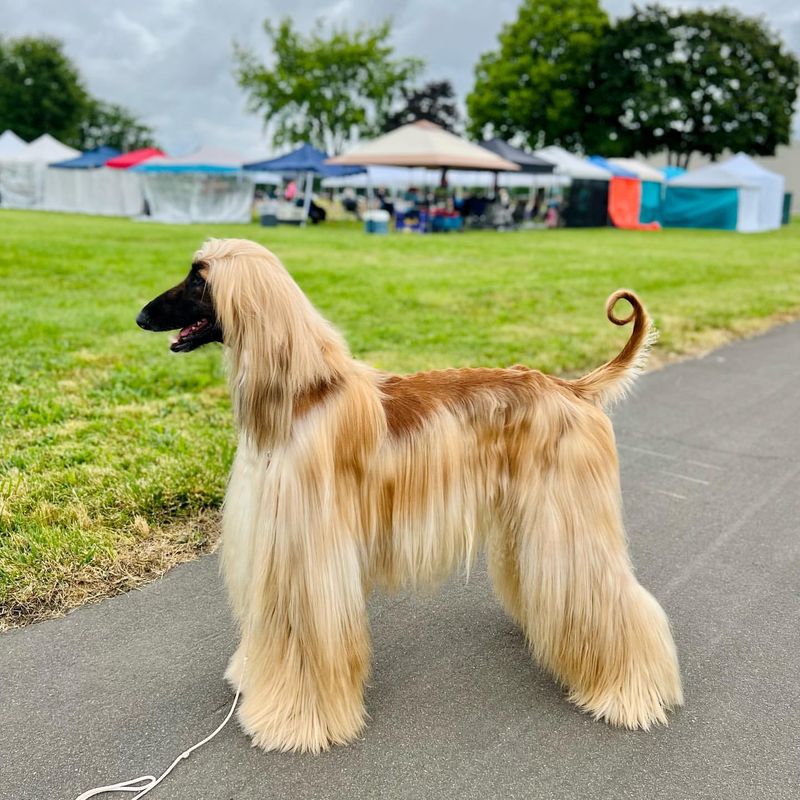
The Afghan Hound’s beauty is undeniable, but their grooming needs are substantial. Their long, silky coats require regular attention to prevent matting.
Notorious for their aloof nature, they often remain distant and independent, valuing their own space. Training can be a challenge due to their stubborn streak, demanding patience and perseverance.
Afghan Hounds thrive in environments where their unique personality is understood and respected. If you’re seeking an affectionate, easy-going pet, this breed might leave you longing for more connection and ease in your interactions.
Basenji
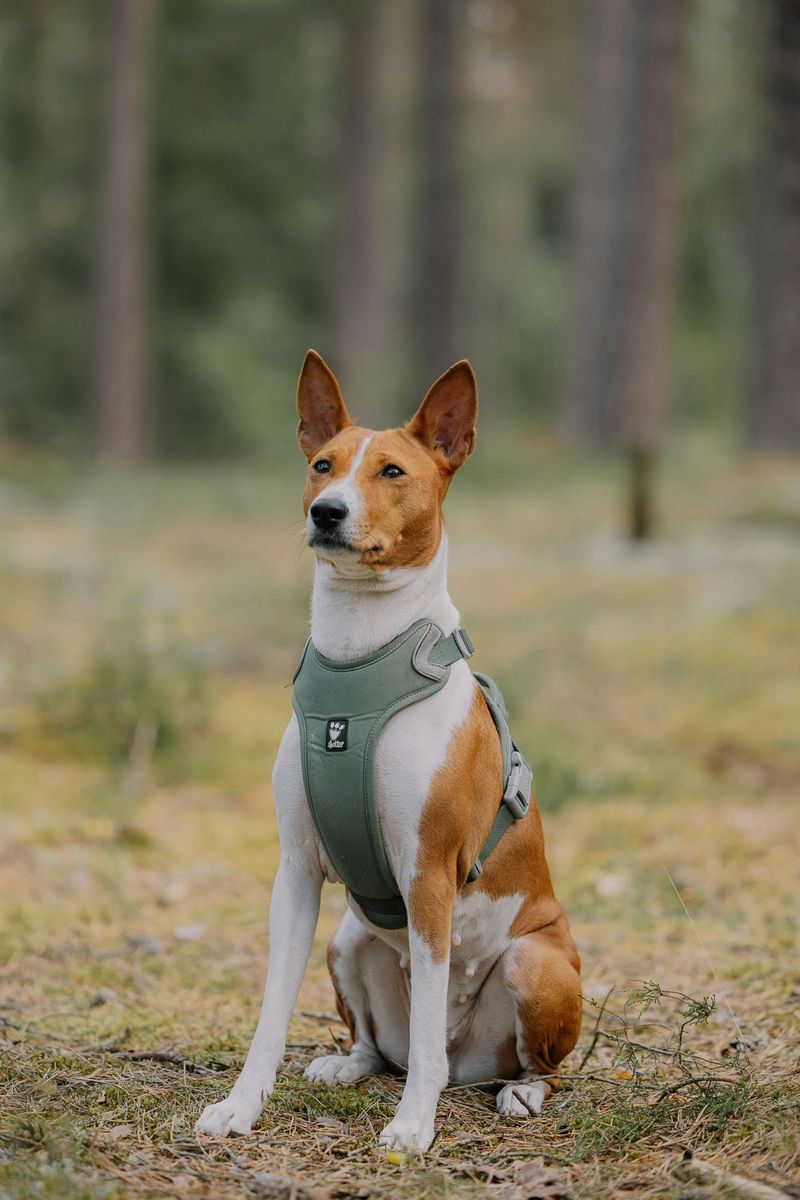
Basenjis are unique, known for their yodel-like sound instead of barking. Their independence and intelligence can be endearing yet challenging.
Often described as feline in behavior, they require mental stimulation to prevent boredom. Escaping is a common trait, demanding secure spaces.
Basenjis are also known for being aloof with strangers, which might not suit households wanting a sociable pet. Their grooming needs are minimal, but their need for physical and mental exercise is not.
Families seeking a low-maintenance, affectionate lapdog might find the Basenji’s personality a bit too detached.
Bloodhound

Renowned for their tracking abilities, Bloodhounds have a one-track mind when they catch a scent. This relentless pursuit can lead to frustration for owners without the time or space for such activities.
They can be stubborn, necessitating patient training methods. Their droopy skin and ears require regular cleaning to avoid infections.
Bloodhounds are generally gentle, but their size and energy can overwhelm small children. If you’re looking for a companionable pet, this breed’s singular focus and care needs may overshadow their amiable nature.
Bulldog
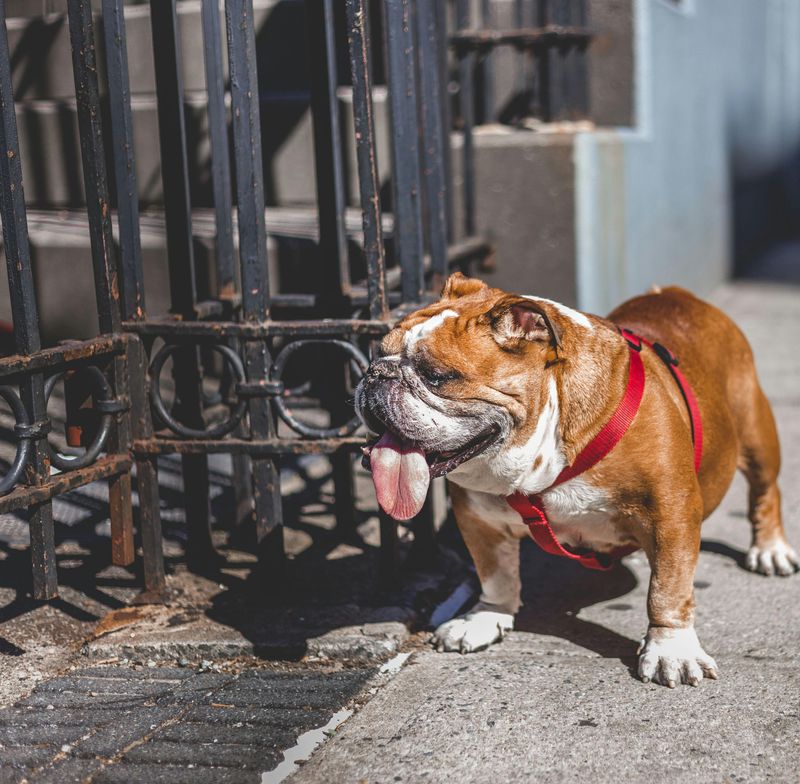
Bulldogs are adored for their cute wrinkles and gentle demeanor, but they come with health concerns that can be a burden. Breathing issues, joint problems, and skin infections are common, requiring frequent vet visits.
Their sedentary nature might appeal to some, but it can lead to obesity and related health issues. Bulldogs may not handle heat well, needing climate-controlled environments.
Owners should be prepared for potential health-related expenses and lifestyle adjustments. If you prioritize low-maintenance health and active play, a Bulldog might present challenges you’re not ready to face.
Chihuahua

Despite their size, Chihuahuas are known for their bold and sometimes feisty temperament. This breed often forms strong attachments to one person, which can lead to jealousy or defensive behavior.
Training is crucial to manage their occasional stubbornness. Chihuahuas are delicate and may not be suited for households with young, active children.
Their small size means they are more prone to injuries. If you’re considering a family-friendly pet that enjoys varied social interactions, the Chihuahua might not fulfill your expectations due to its specific needs and temperament.
Jack Russell Terrier

Jack Russell Terriers are small yet mighty, brimming with energy and intelligence. Their boundless enthusiasm requires significant exercise and mental challenges.
Without these, they might resort to destructive behavior. This breed’s independent streak can make training a test of patience, suitable for experienced owners.
Jack Russells are known for their hunting instincts, so they might not coexist peacefully with smaller pets. If you’re not up for daily adventures and consistent training, this energetic terrier may introduce more excitement than you’re prepared to handle.
Siberian Husky
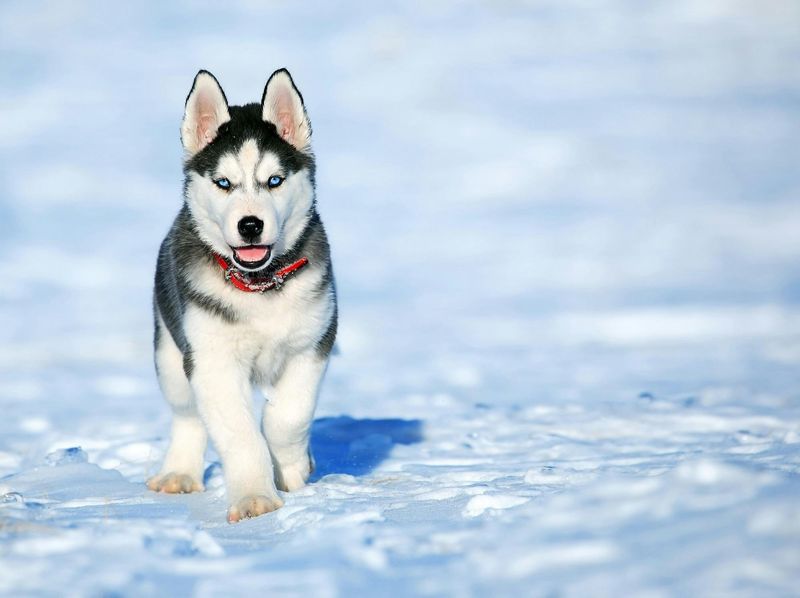
Siberian Huskies are famous for their stamina and beautiful, wolf-like appearance. However, their need for exercise and space can be demanding.
Highly intelligent and independent, they often challenge their owners, especially if bored. Huskies are notorious escape artists, requiring secure enclosures.
Their thick double coat sheds seasonally, demanding regular grooming to manage. If your lifestyle doesn’t accommodate active outdoor pursuits and vigilant care, this breed’s requirements might feel overwhelming and leave you struggling to keep up with their energetic spirit.
Weimaraner
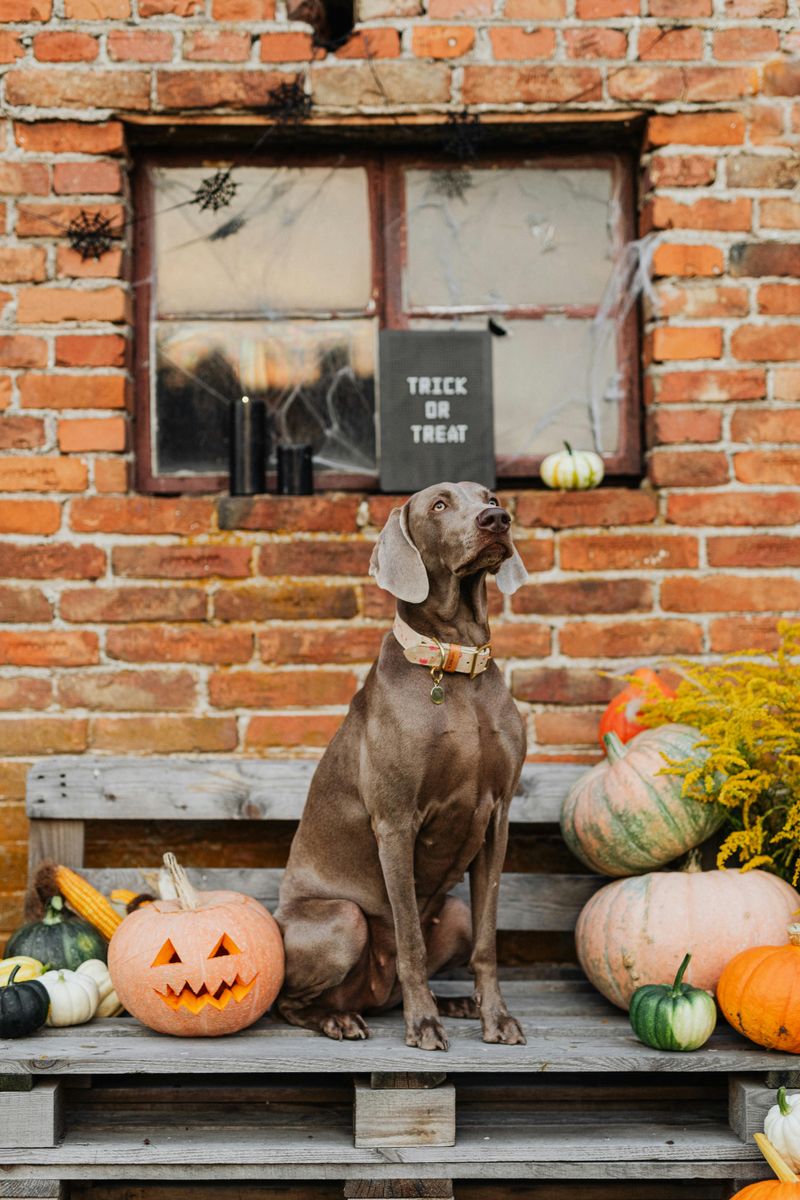
Weimaraners are known for their athleticism and need for regular exercise. Their high energy levels and intelligence demand engagement through physical activities and mental challenges.
Without this, they may become restless and anxious. Weimaraners are also prone to separation anxiety, requiring constant companionship.
This makes them unsuitable for individuals with busy schedules or frequent travel. If you desire a pet that is content with limited interaction, a Weimaraner might leave you exhausted and struggling to meet its dynamic needs.

